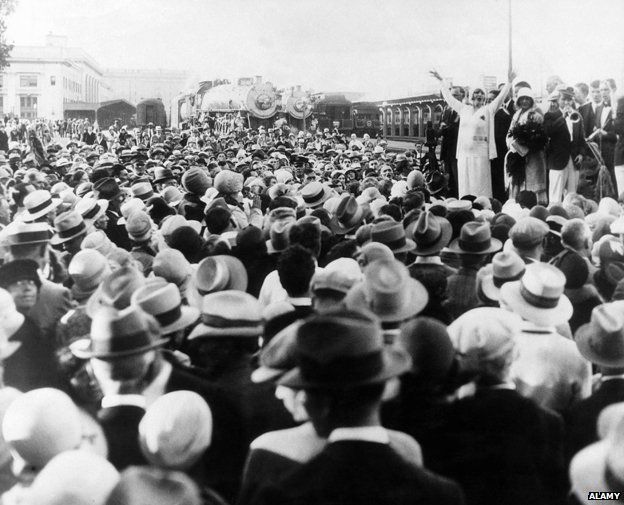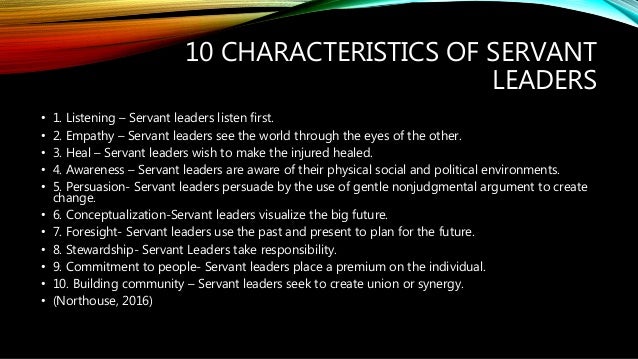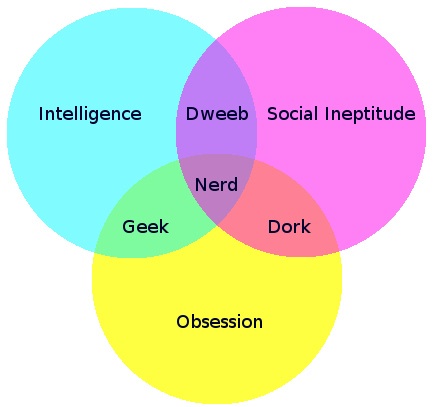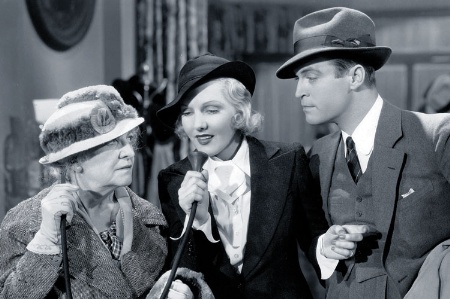I started the day shift (yes; I was asked to cover another shift) helping a lady eat, who was not aware she was having problems. The method was simple: present the spoon to her line of sight, wait for her to open her mouth and accept the utensil, then press lightly down into the tongue body as the spoon is being withdrawn. The person served had the best chance to swallow her meal without clinical signs of aspiration (CSA). Staff were shown how to pace their feeding style to the strengths of the patient.
I barely had time to punch out, after the last case had been completed; dash to my car and head to the international airport, to make my flight to Cancun for the holiday.. Just my luck: someone at the table in the airport restaurant, while I was waiting to board, started to choke on a burger. Someone hurrying, just like I had felt myself hurrying all day to see these swallowing cases. Someone too pressed for time to be in the moment; to listen to her/his body and eat/drink within the limits of her potential. I suffered through the sensations of my own GERD, before talking to each patient about GI PEACE. Heckuva job, swallowing police. It never stops.


























